When it comes to living in a holding tank trailer home, one of the key concerns that often arises is the availability and adequacy of hot water. This essential resource plays a crucial role in daily activities, from cooking and bathing to cleaning and washing. But how much hot water can you expect to have in a holding tank trailer home? Understanding this aspect is vital for comfortable living and efficient resource management.
The Role of Hot Water in a Trailer Home
Hot water is not just a luxury; it’s a necessity for a well-functioning household. In a trailer home, where space and resources may be limited, effectively managing hot water usage ensures sustainability and comfort. Key areas where hot water is essential include:
- Personal Hygiene: Regular bathing and hygiene maintenance.
- Cooking: Cleaning dishes and preparing food.
- Laundry: Washing clothes and linens.
- Heating and Comfort: Providing warmth through radiators or in-floor heating systems.
Factors Influencing Hot Water Needs
Several factors determine how much hot water a household in a holding tank trailer requires:
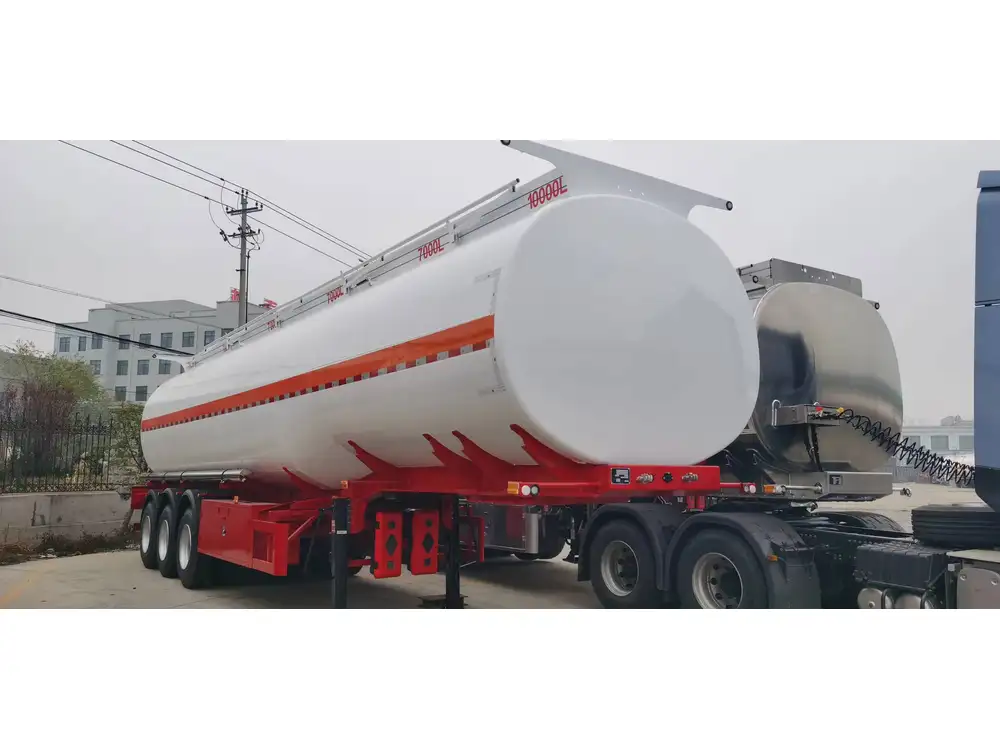
1. Household Size and Activity Level
A household with more residents will naturally need more hot water. Specific activities per person, such as the frequency of showers, dishwashing, and laundry, can significantly influence total hot water consumption.
2. Water Heater Capacity
The size of the water heater directly impacts the availability of hot water. For residential trailer homes, the commonly used capacity ranges from 6 to 20 gallons, depending on the size of the household.
3. Water Heater Type
Different types of water heaters offer varying outputs:
| Water Heater Type | Description | Typical Capacity | Pros | Cons |
|---|---|---|---|---|
| Tankless | Heats water on demand | Unlimited | Energy-efficient | Initial cost can be high |
| Traditional Tank | Stores heated water | 6-20 gallons | Lower initial cost | Limited by tank size |
| Heat Pump | Uses ambient air to heat water | 50-80 gallons | Efficient for larger homes | Requires space for installation |
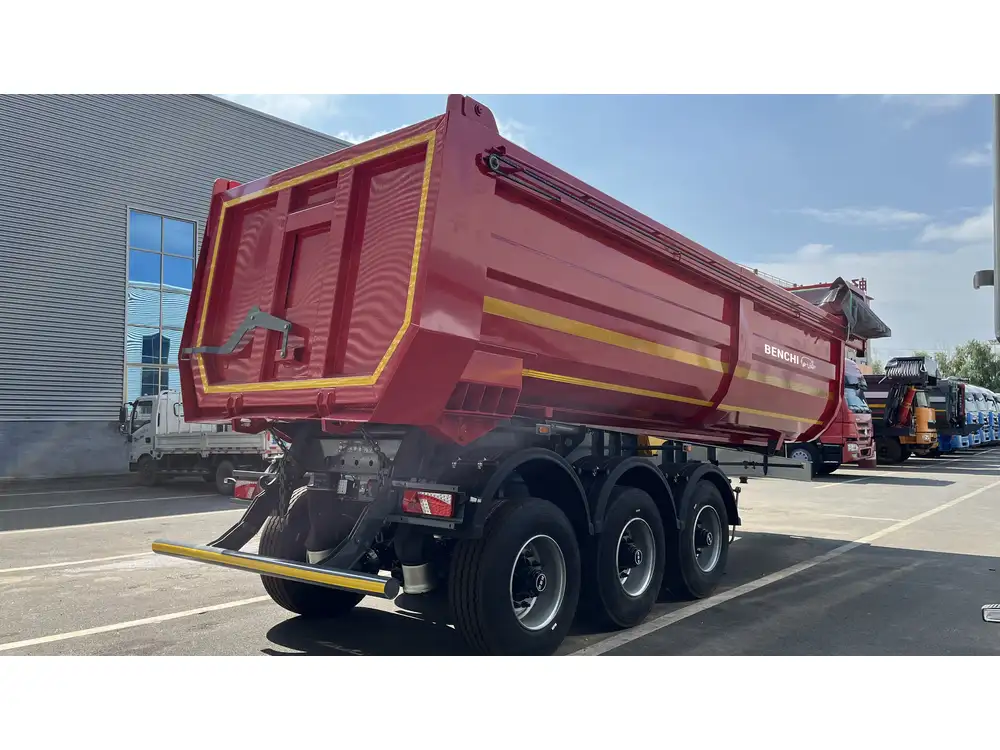
4. Seasonal Usage Patterns
Hot water requirements can fluctuate based on the season. For instance, winter months typically see increased hot water usage for showers and heating, while summer may reduce these needs.
Estimating Hot Water Demand
To effectively estimate hot water requirements in your trailer home, consider the following calculations based on common usage:
Daily Hot Water Use Per Person
- Shower: 10-25 gallons
- Dishwashing: 5-10 gallons
- Laundry: 15-30 gallons
- Miscellaneous: 3-5 gallons

Example Calculation for a Family of Four
For a household of four with moderate activity levels:
| Activity | Daily Gallons Needed | Total for Family |
|---|---|---|
| Showers (4x20g) | 20 | 80 |
| Dishwashing | 10 | 10 |
| Laundry (1 load) | 20 | 20 |
| Miscellaneous | 5 | 5 |
| Total | 115 gallons/day |
Additional Considerations
- Peak Usage Hours: Take note of usage peaks—early mornings and evenings—when hot water demands may surge, requiring proper management.
- Water Conservation Techniques: Educating household members on efficient usage, such as shorter showers, can substantially reduce hot water consumption.
Holding Tank Water System and Recovery Rate
Understanding how a holding tank operates is crucial for effective hot water management. Holding tanks in trailer homes can be used for both freshwater storage and waste management. Here’s how recovery rates can affect hot water availability:
- Recovery Rate: This refers to how quickly a water heater can reheat its storage. For instance, if a tank heater has a recovery rate of 20 gallons per hour, it can replace its capacity post-usage, ensuring continuous access.
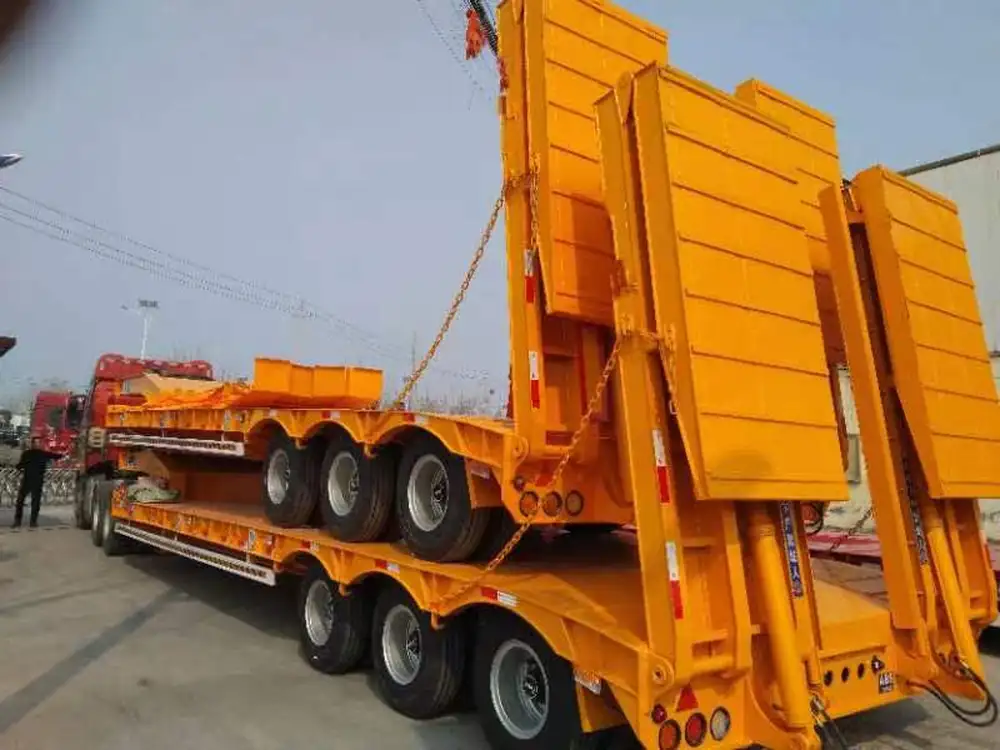
Example of Recovery Rates
If your family uses hot water as outlined above, and you have a 30-gallon tank with a recovery rate of 20 gallons per hour, it would take approximately 1.5 hours to replenish hot water after depletion during peak times.
| Water Heater Type | Capacity | Recovery Rate | Time to Replenish |
|---|---|---|---|
| Traditional Tank | 30g | 20g/hr | 1.5 hours |
| Tankless | Unlimited | Instantaneous | Immediate |
Optimizing Hot Water Efficiency
To enhance hot water efficiency in a holding tank trailer home, consider the following strategies:
1. Insulation
Ensure your water heater and pipes are well-insulated to minimize heat loss. Insulated tanks and piping can maintain higher temperatures and reduce energy consumption.
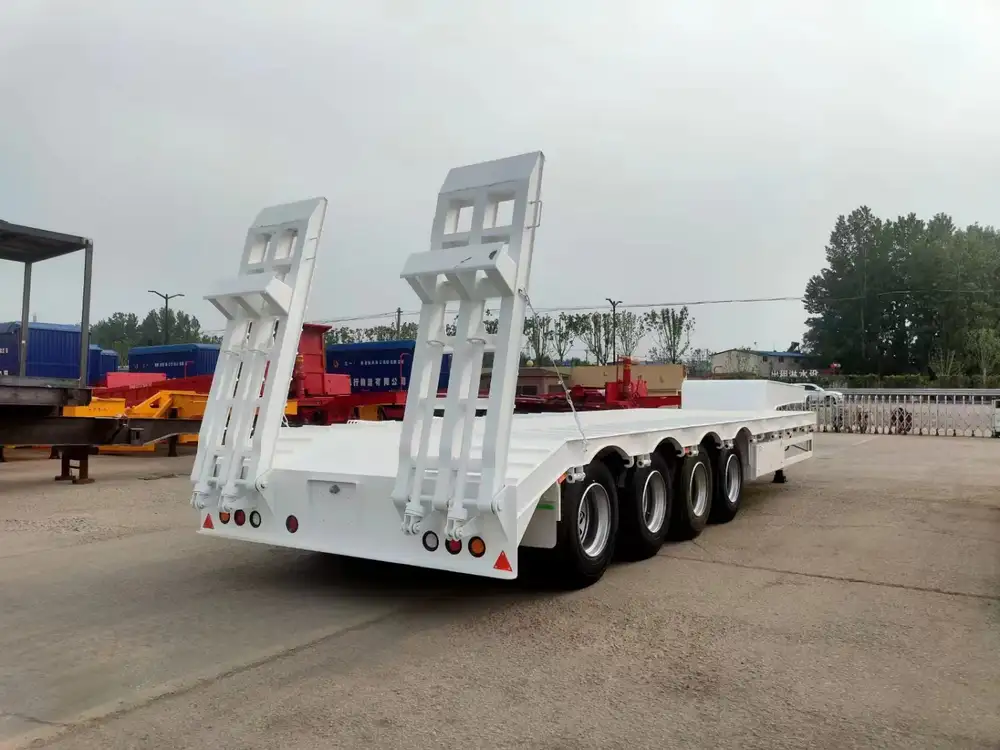
2. Upgrading Systems
Evaluate whether your current hot water system meets your household needs. If you frequently run out of hot water, considering upgrading to a tankless system might be a viable option.
3. Scheduling High-Usage Activities
Plan activities such as laundry and dishwashing around times of lower usage to minimize pressure on your hot water system.
4. Regular Maintenance
Routine checks and maintenance on water heaters can optimize performance. Flush the tank annually to remove sediment build-up, ensuring efficient heating.
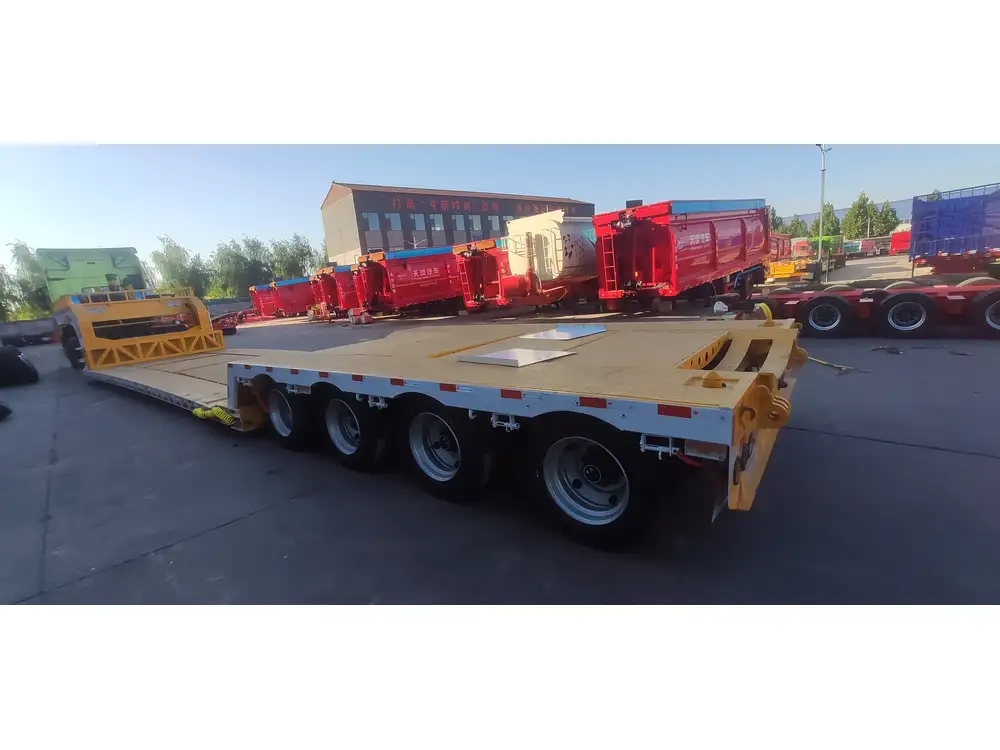
Troubleshooting Hot Water Issues
It’s not uncommon to experience hot water-related challenges in trailer homes. Here’s how to identify and address common issues:
1. Insufficient Hot Water
If hot water is constantly running out, consider the possibility of:
- An undersized heater.
- Increased demand during peak hours.
- Possible malfunctions requiring servicing.
2. Fluctuating Temperatures
If the temperature of your hot water varies drastically, check for:
- Sediment accumulation in the tank.
- Malfunctioning thermostats.
- Faulty mixing valves.

3. Leaks and Noise
Signs of leaking or unusual noises from the water heater may indicate serious issues that require prompt inspection to prevent further damage.
| Problem | Possible Cause | Recommended Action |
|---|---|---|
| Insufficient Hot Water | Undersized/heater failure | Consider upgrading heater; check demand |
| Fluctuating Temperatures | Sediment or thermostat issues | Flush tank; check #temperature control |
| Leaks/Noise | Wear & tear, pressure issues | Immediate inspection required |
Conclusion
Navigating the intricacies of hot water consumption in a holding tank trailer home can feel daunting, but with proper knowledge and management strategies, it is possible to create a comfortable living environment. Understanding how much hot water you need, optimizing your systems, and addressing any potential issues will ensure that you enjoy the full benefits of hot water without unexpected shortages or inconveniences.
In summary, whether you are a seasoned trailer home resident or new to this lifestyle, being proactive about your hot water needs will enhance your overall experience. By calculating your hot water demands and ensuring your systems are efficient, you can live confidently and comfortably in your trailer home.



